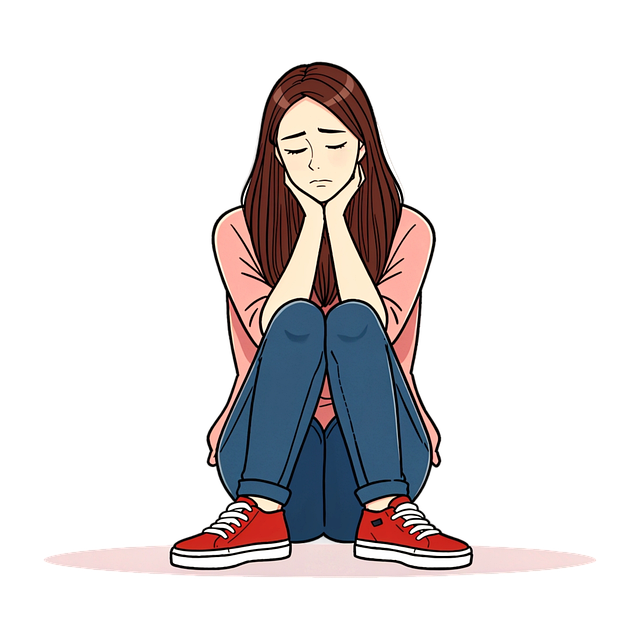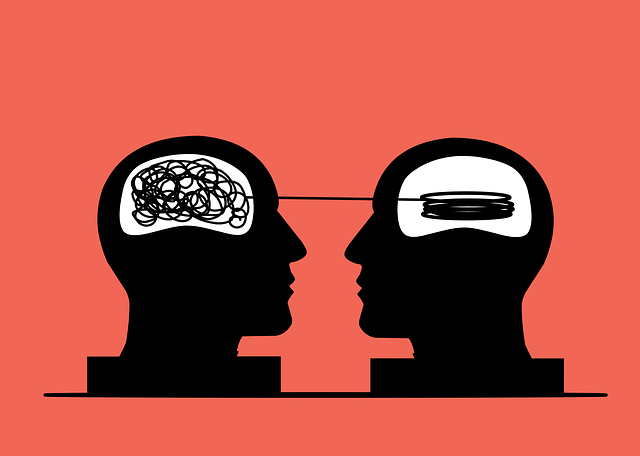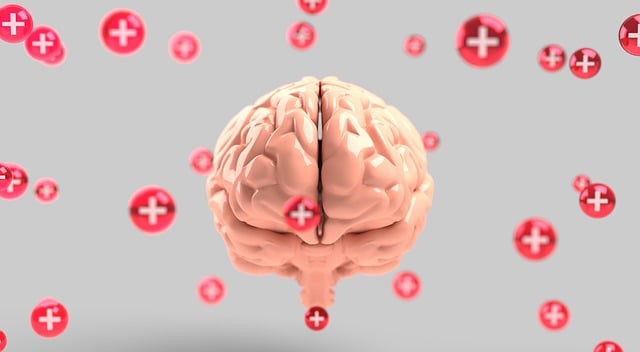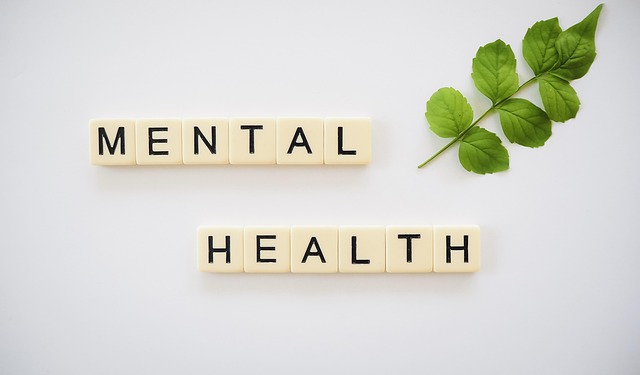Mental wellness self-assessment tools, integrating evidence-based practices like Therapy for Adults and Grief Counseling, offer safe spaces for emotional regulation and tailored coping mechanisms. These assessments empower individuals to take charge of their mental health, enhancing resilience against challenges like anxiety and fostering a fulfilling life. By providing insights into thought patterns, behaviors, and emotional states, they enable proactive self-care and can help identify needs for professional support, such as grief counseling. Healthcare providers can also use them to prevent burnout and improve care quality.
Mental wellness self-assessment tools play a pivotal role in fostering personal growth and resilience. This article explores the development of comprehensive assessment tools that integrate therapy for adults and grief counseling techniques, addressing critical mental health aspects. We delve into practical considerations for designing effective measures, ensuring accessibility and accuracy. By promoting self-care awareness through assessment results, individuals can take empowered steps towards enhancing their mental wellness. Integrating evidence-based practices from adult therapy and grief counseling enhances the tools’ effectiveness in supporting holistic well-being.
- Understanding Mental Wellness Self-Assessment: The Foundation of Personal Growth
- Integrating Therapy for Adults and Grief Counseling Techniques in Assessment Tools
- Designing Effective Self-Assessment Measures: Practical Considerations
- Promoting Self-Care Awareness and Action through Assessment Results
Understanding Mental Wellness Self-Assessment: The Foundation of Personal Growth

Mental wellness self-assessment tools serve as a powerful foundation for personal growth and self-awareness. They enable individuals to take charge of their mental health by providing a clear understanding of their current emotional state, thought patterns, and behaviours. These assessments are not just diagnostic tools but transformative gateways to better coping strategies and improved quality of life. By acknowledging the intricate interplay between emotions, thoughts, and actions, people can begin to navigate their mental wellness journeys effectively.
For adults grappling with issues like anxiety or stress management, grief counseling offers a crucial component in the self-assessment process. It facilitates emotional regulation by providing safe spaces for individuals to express and process their feelings. Through therapy, one can learn coping mechanisms tailored to their unique needs, fostering resilience and enhancing overall mental wellness. This proactive approach empowers folks to manage challenges like anxiety relief more effectively, ultimately paving the way for a fulfilling and balanced life.
Integrating Therapy for Adults and Grief Counseling Techniques in Assessment Tools

The development of comprehensive mental wellness self-assessment tools should consider integrating evidence-based practices from various therapeutic modalities. One such effective approach is incorporating elements from Therapy for Adults and Grief Counseling. These techniques have been shown to enhance emotional regulation, a key aspect of maintaining mental wellness. By blending these therapeutic methods, assessment tools can better support individuals in processing and managing their emotions, particularly during challenging life transitions.
Grief counseling techniques, for instance, offer valuable insights into the emotional healing processes that are often impeded by unresolved grief. This is especially relevant as unprocessed grief can significantly impact an individual’s overall mental wellness. Incorporating such techniques allows assessment tools to identify and address underlying emotional issues, promoting a more holistic understanding of the user’s psychological state. This integrated approach ensures that individuals receive tailored support, catering to their unique emotional needs.
Designing Effective Self-Assessment Measures: Practical Considerations

Designing effective self-assessment measures is a critical component of developing valuable mental wellness tools. When creating assessments, it’s essential to consider the context and target audience. For instance, when tailoring therapy for adults, incorporating aspects like emotional regulation, coping strategies, and resilience can offer insights into an individual’s mental health status. These measures should be sensitive, reliable, and valid, ensuring accurate reflection of one’s mental wellness.
The process involves balancing objectivity with cultural relevance to accommodate diverse needs. Incorporating Stress Reduction Methods as part of the assessment can help identify factors contributing to distress. This is particularly relevant in today’s fast-paced world where Mental Health Education Programs Design can benefit from such tools to promote awareness and early intervention. By combining these considerations, developers can create robust self-assessment measures that empower individuals to take charge of their mental wellness, potentially leading to improved outcomes through appropriate interventions like Grief Counseling.
Promoting Self-Care Awareness and Action through Assessment Results

Upon completing a mental wellness self-assessment, individuals gain valuable insights into their emotional and psychological state. This process encourages self-care awareness by helping them recognize areas that may require attention and improvement. For instance, an assessment might reveal underlying stress or anxiety issues, leading to increased motivation for seeking therapy for adults or grief counseling. By understanding these personal challenges, people can take proactive steps towards enhancing their mental health.
The results of such assessments play a pivotal role in promoting inner strength development. They empower individuals to identify and challenge negative thought patterns, fostering confidence boosting strategies that can be applied in daily life. This is especially crucial for healthcare providers who often face burnout prevention strategies challenges due to high-stress work environments. Through self-assessment, they can proactively manage their mental wellness, ensuring they have the resilience needed to provide quality care.
Mental wellness self-assessment tools, by integrating therapy for adults and grief counseling techniques, offer powerful avenues for personal growth. These tools not only promote self-care awareness but also encourage proactive measures based on assessment results. By understanding mental wellness as a foundational aspect of overall well-being, individuals can navigate life’s challenges more effectively. With practical considerations in design, these assessments have the potential to revolutionize self-discovery and foster resilient coping strategies.












